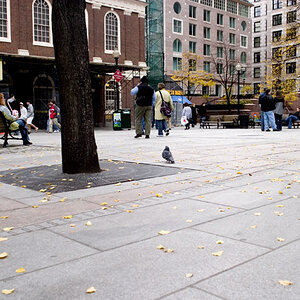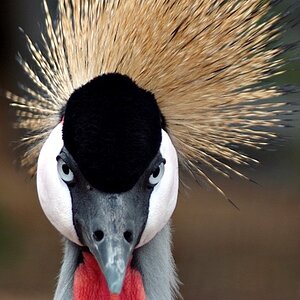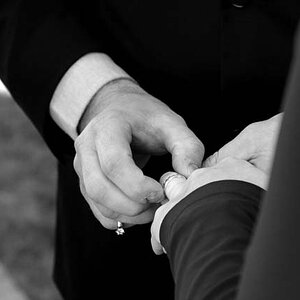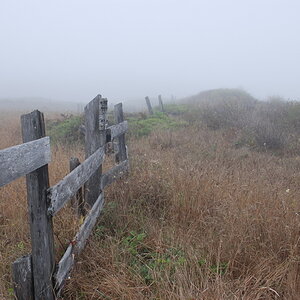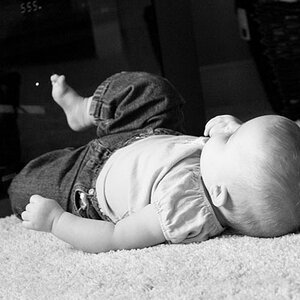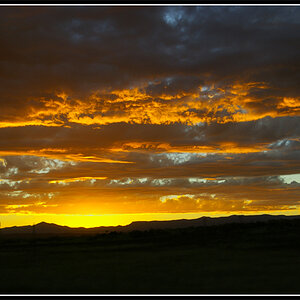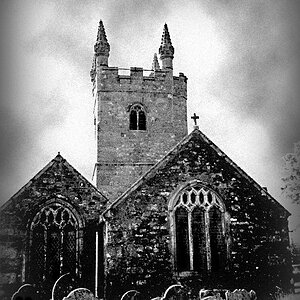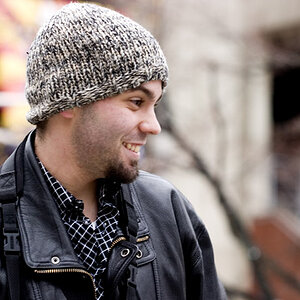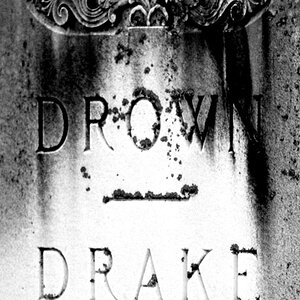bentcountershaft
Been spending a lot of time on here!
- Joined
- Nov 1, 2009
- Messages
- 2,551
- Reaction score
- 1,061
- Location
- Southern Indiana, USA
- Can others edit my Photos
- Photos OK to edit
Annie Leibovitz is deff up there but ansel adams and richard avadon are also some of my favs.
Halifax Wedding Photography
No, no, and no.
No what?


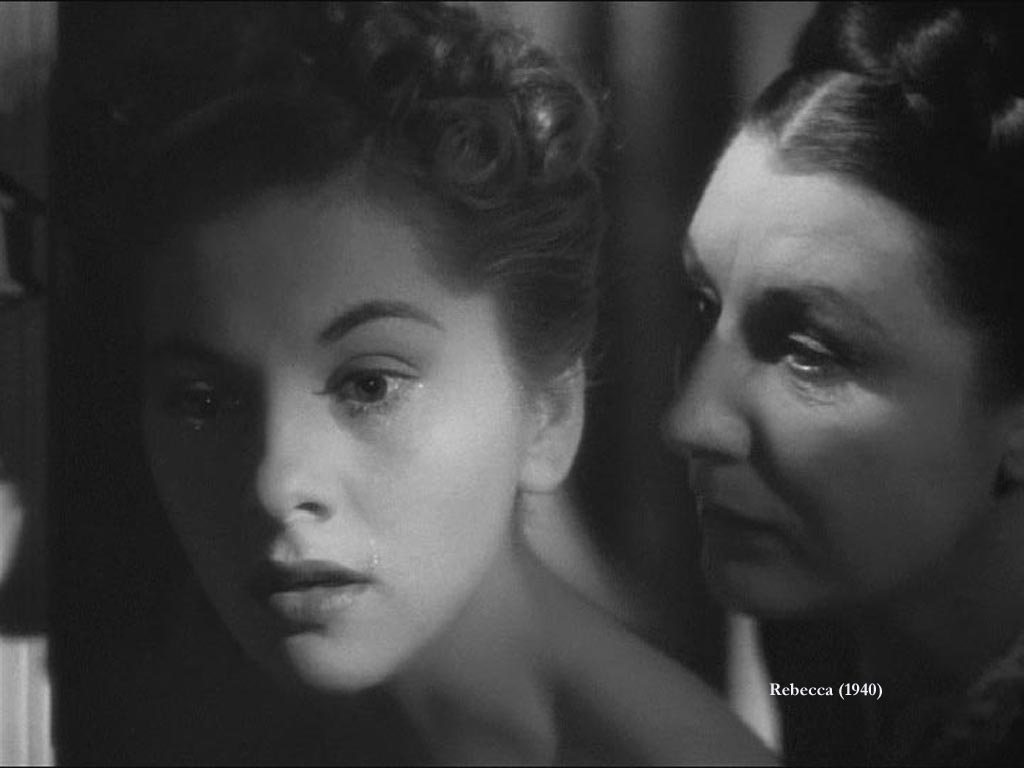



![[No title]](/data/xfmg/thumbnail/42/42397-30faa170de7ed9be38adf00b9b26a220.jpg?1619740167)
